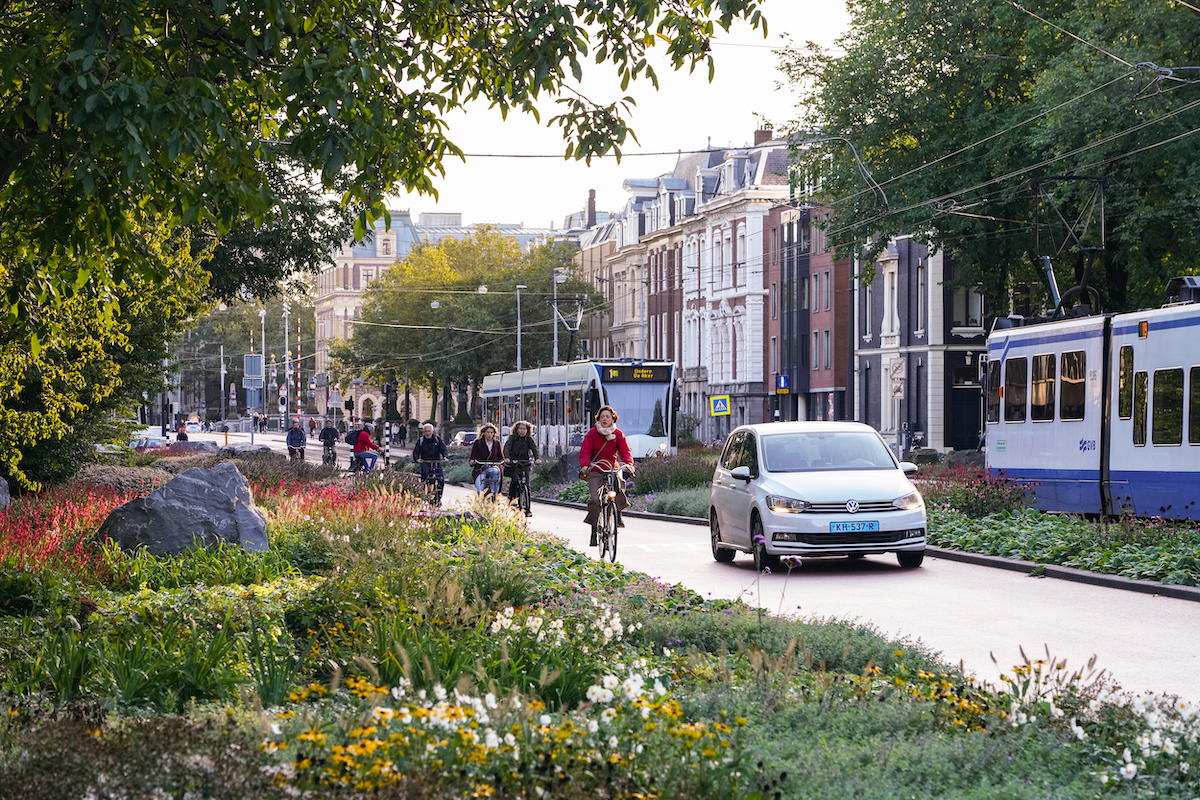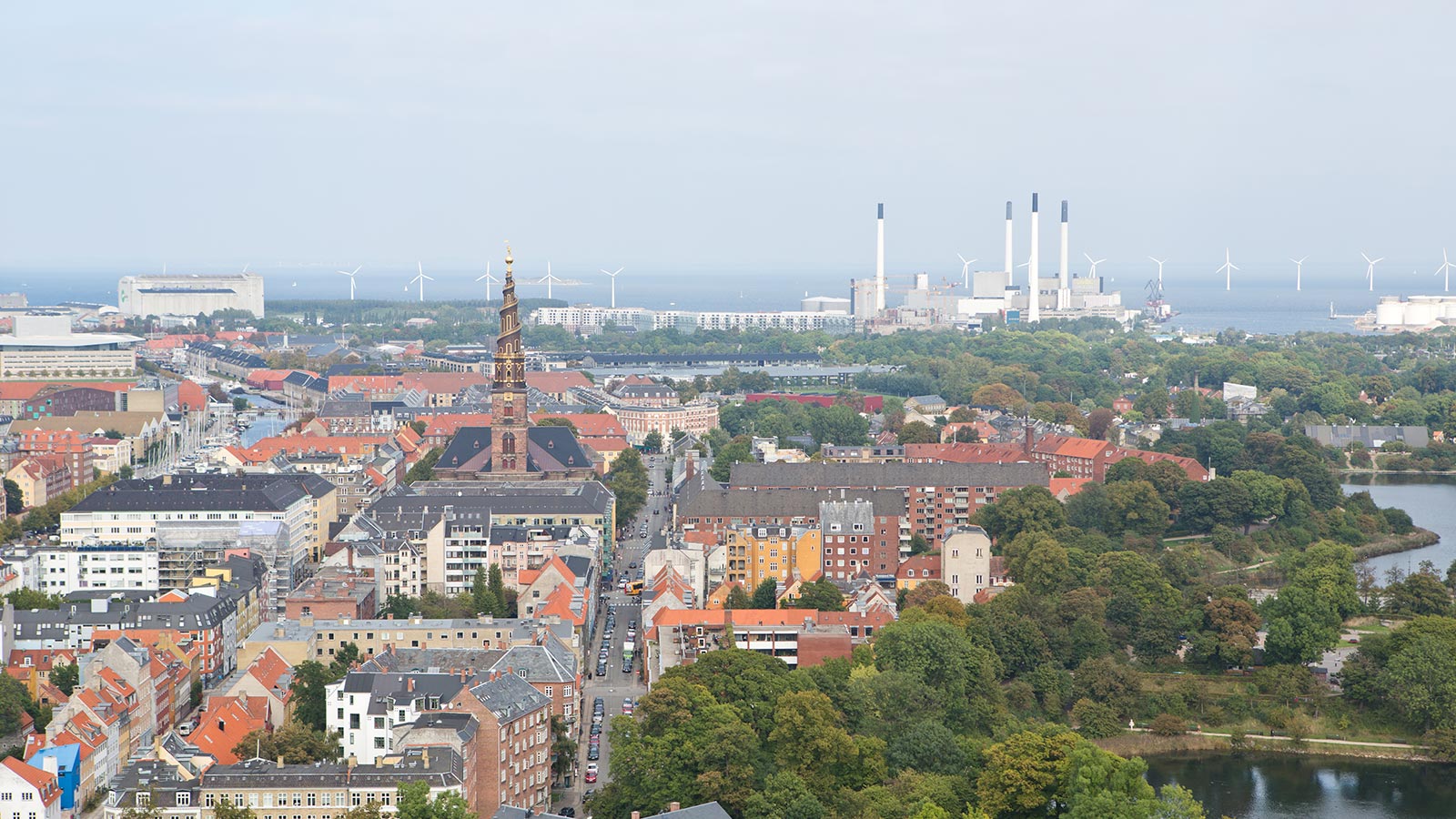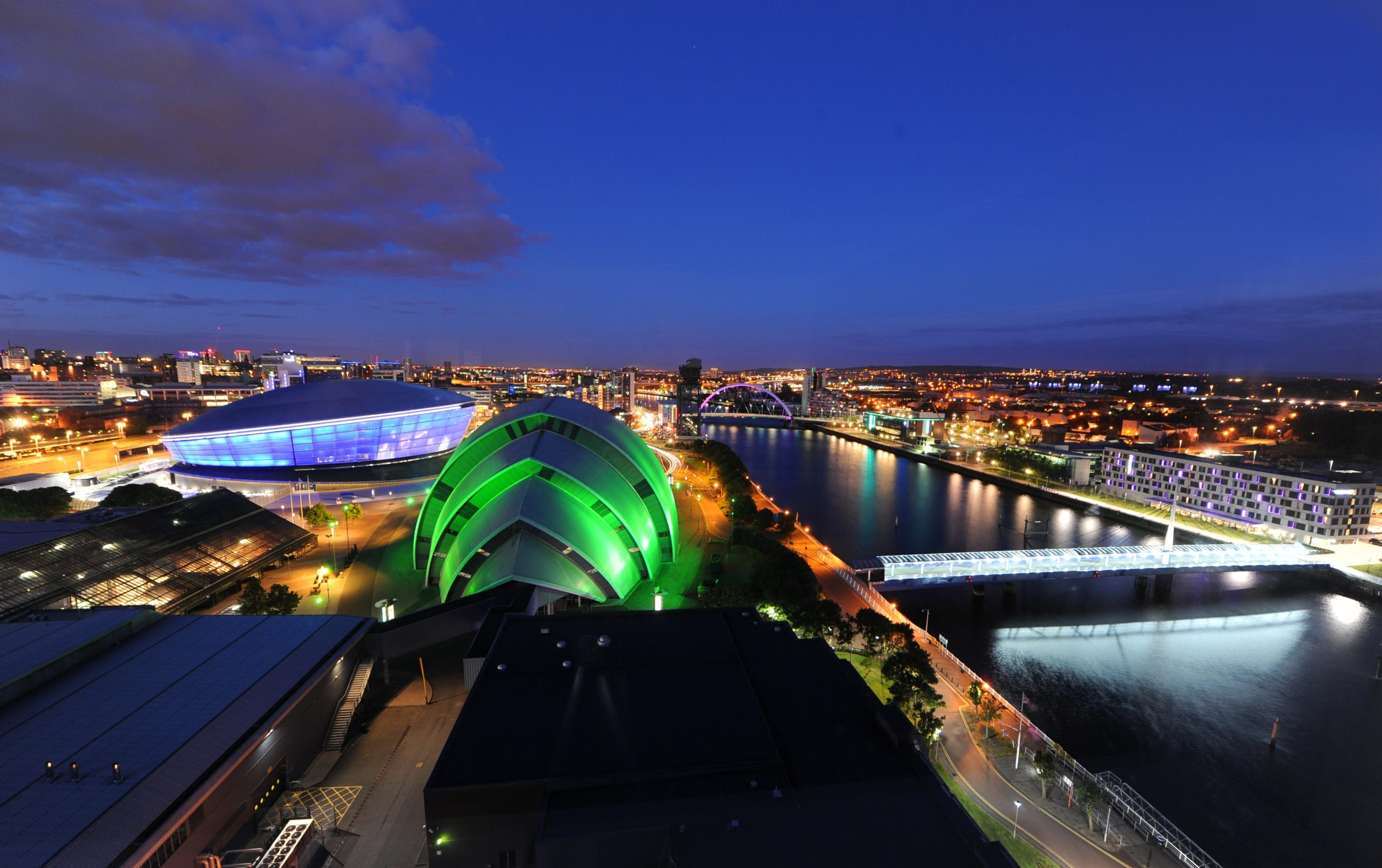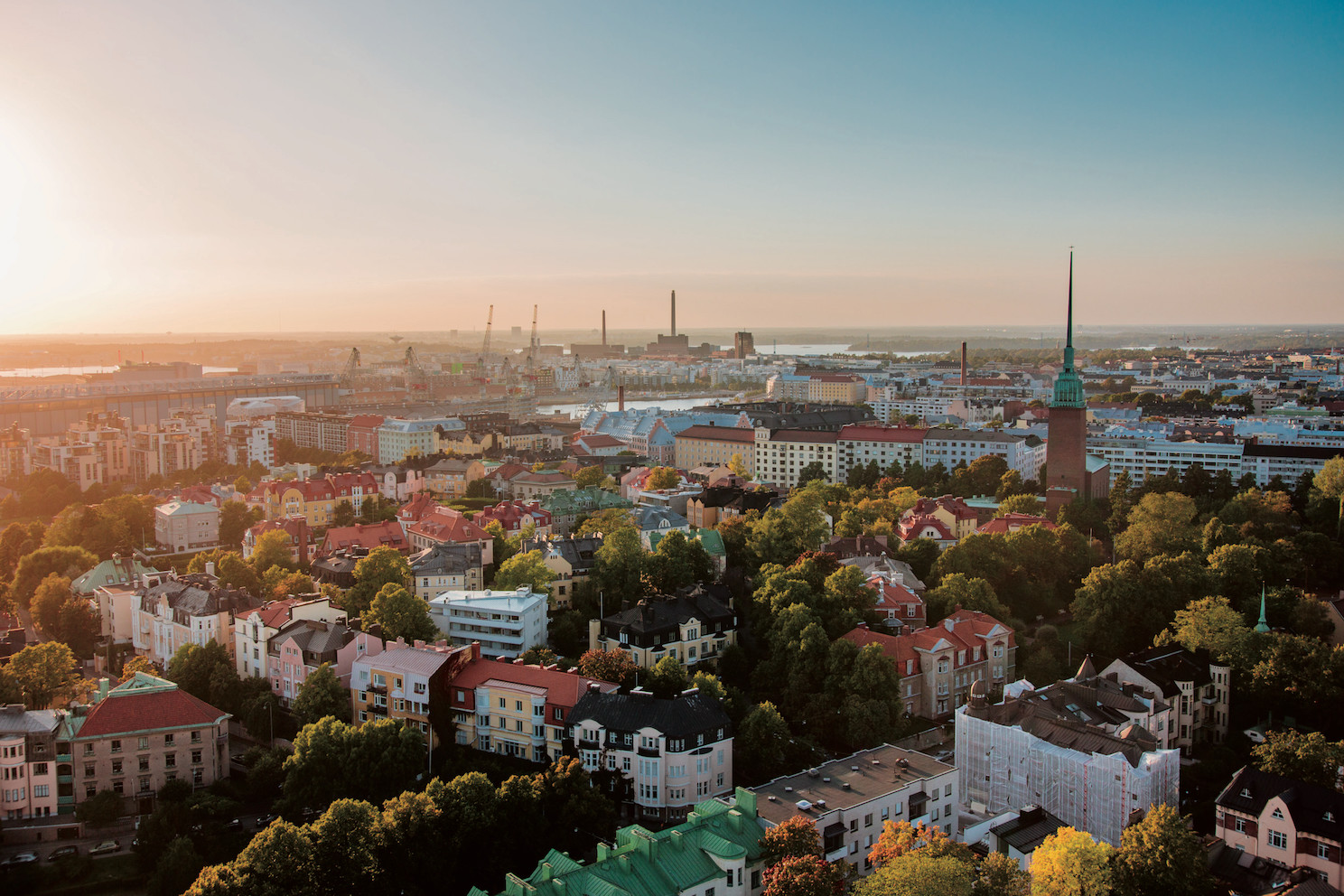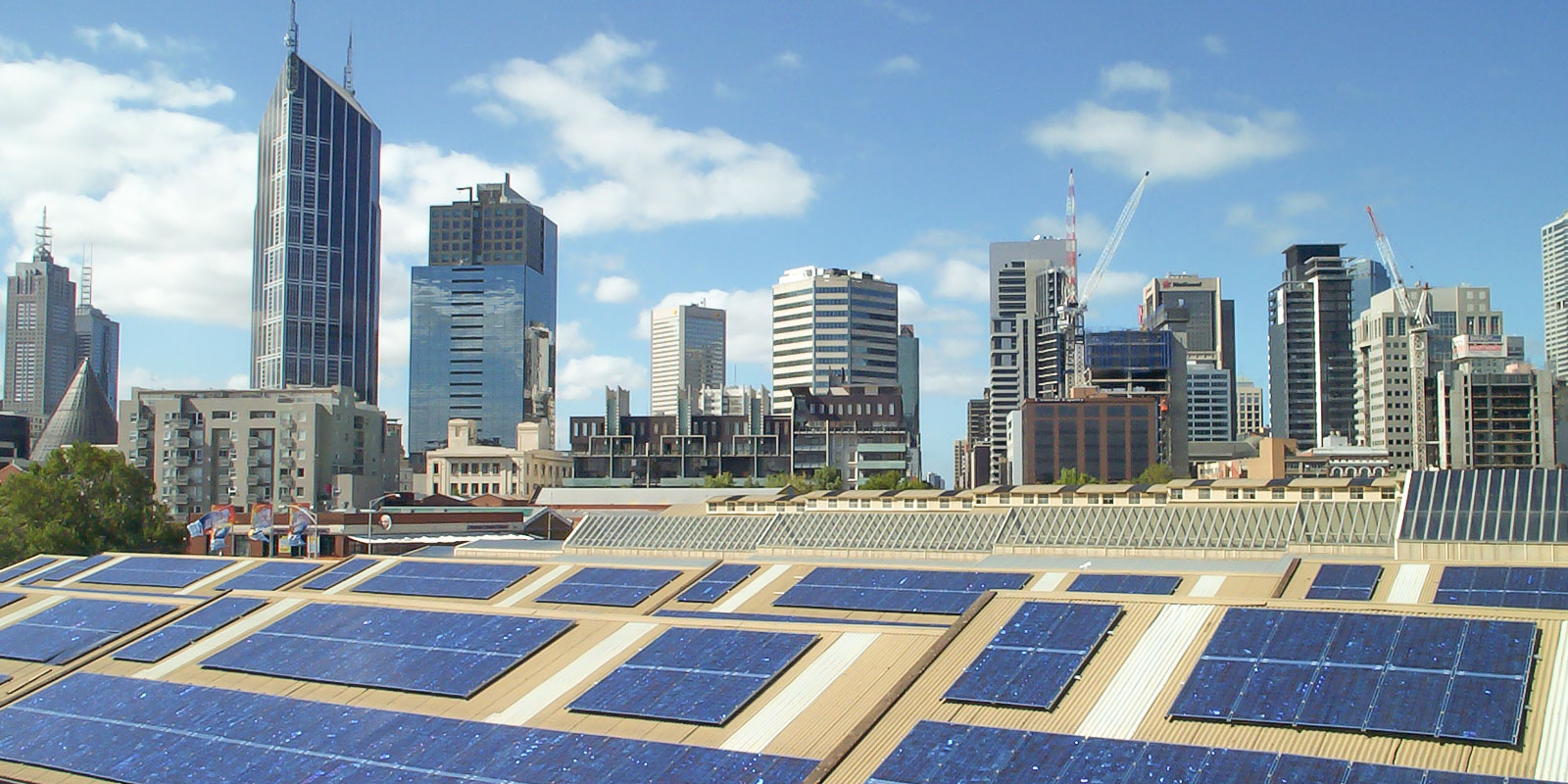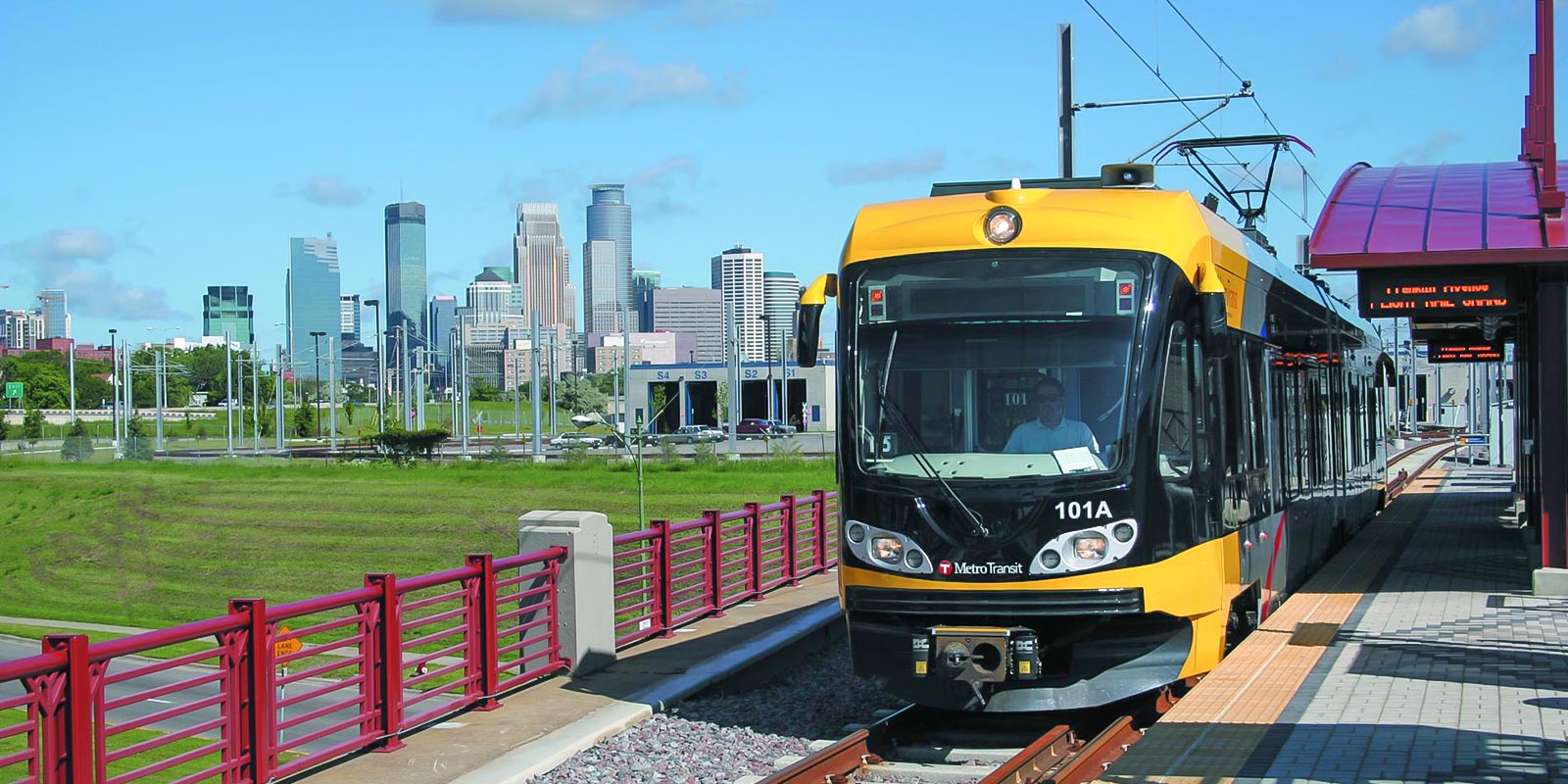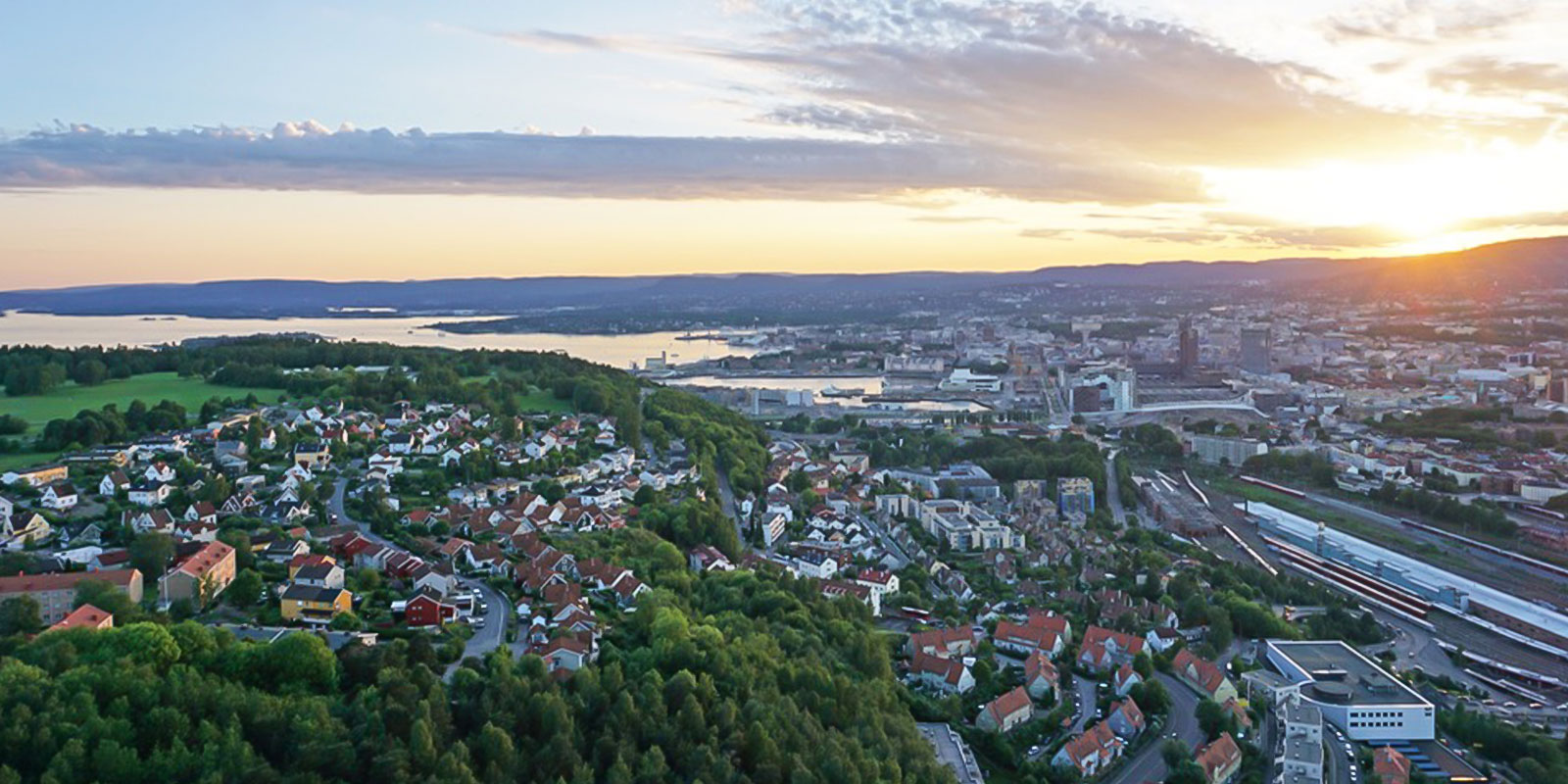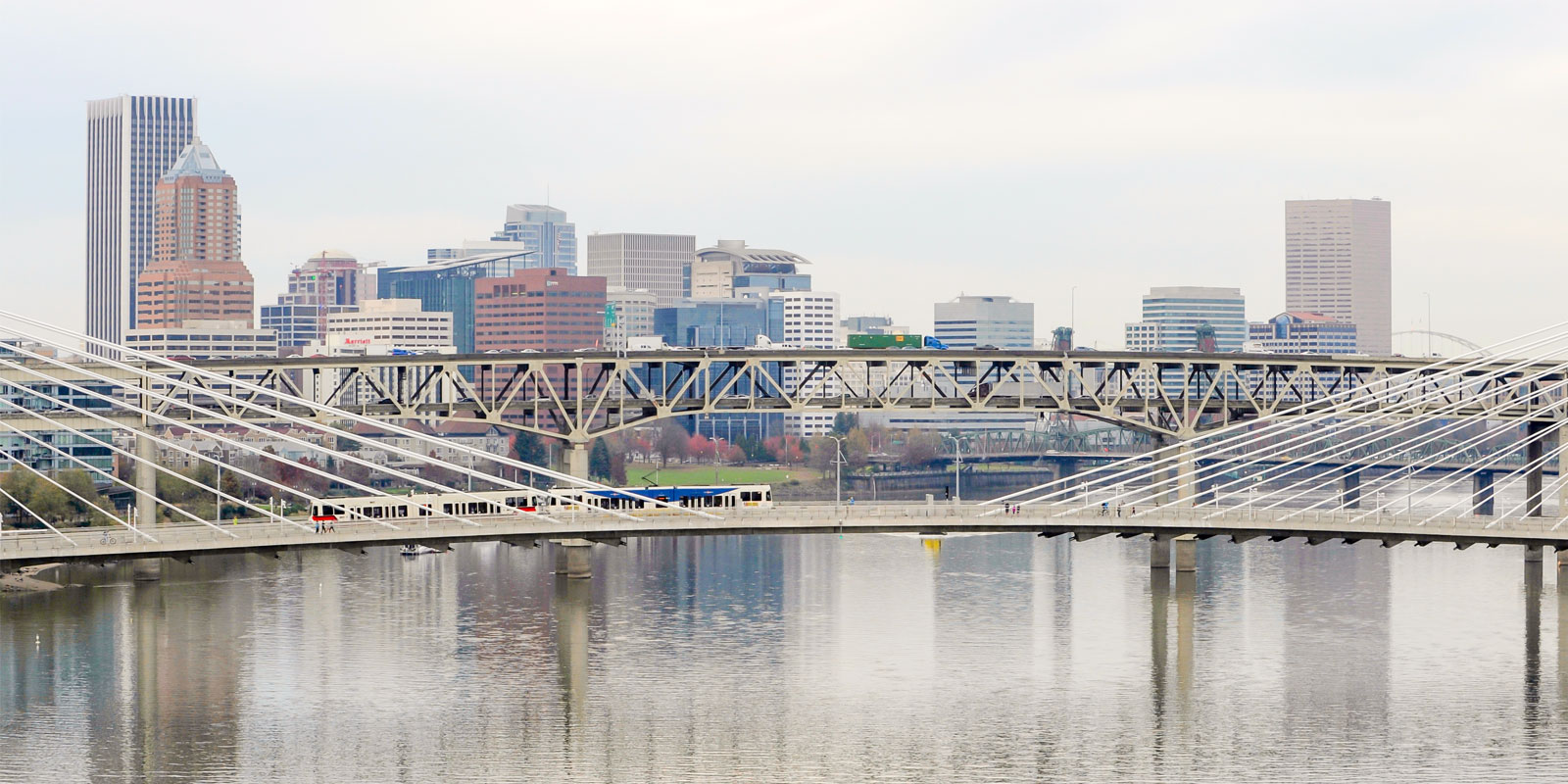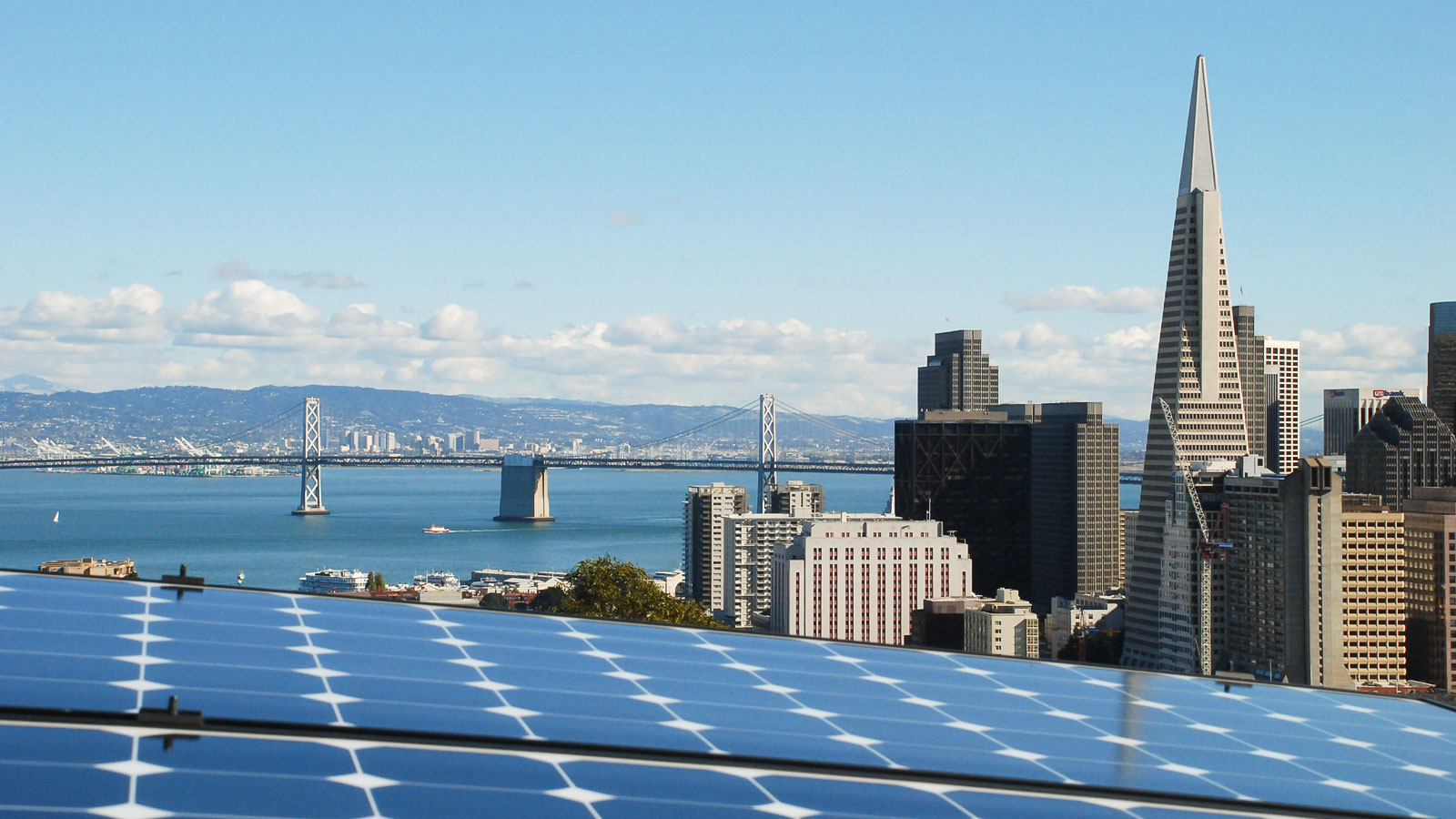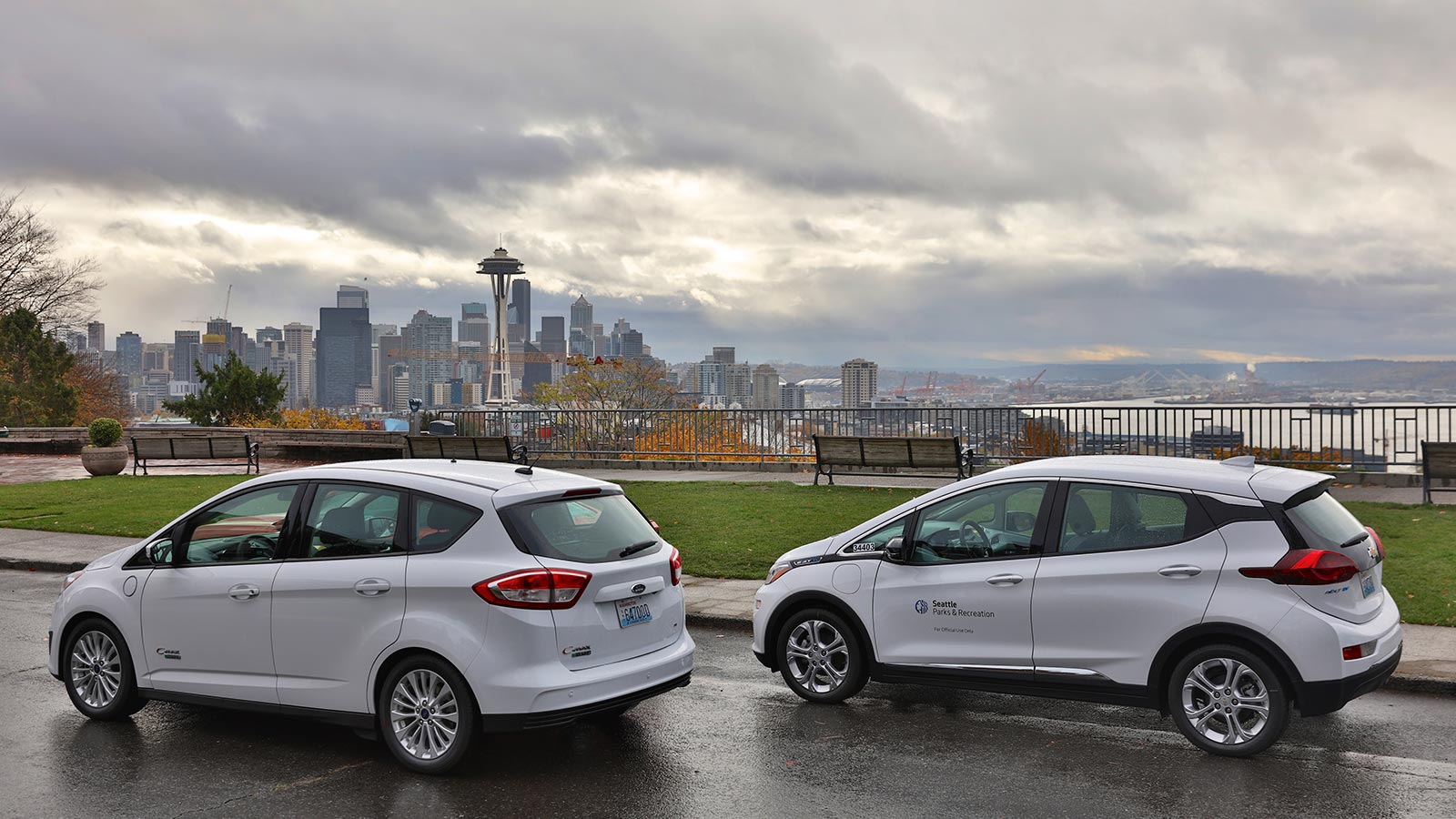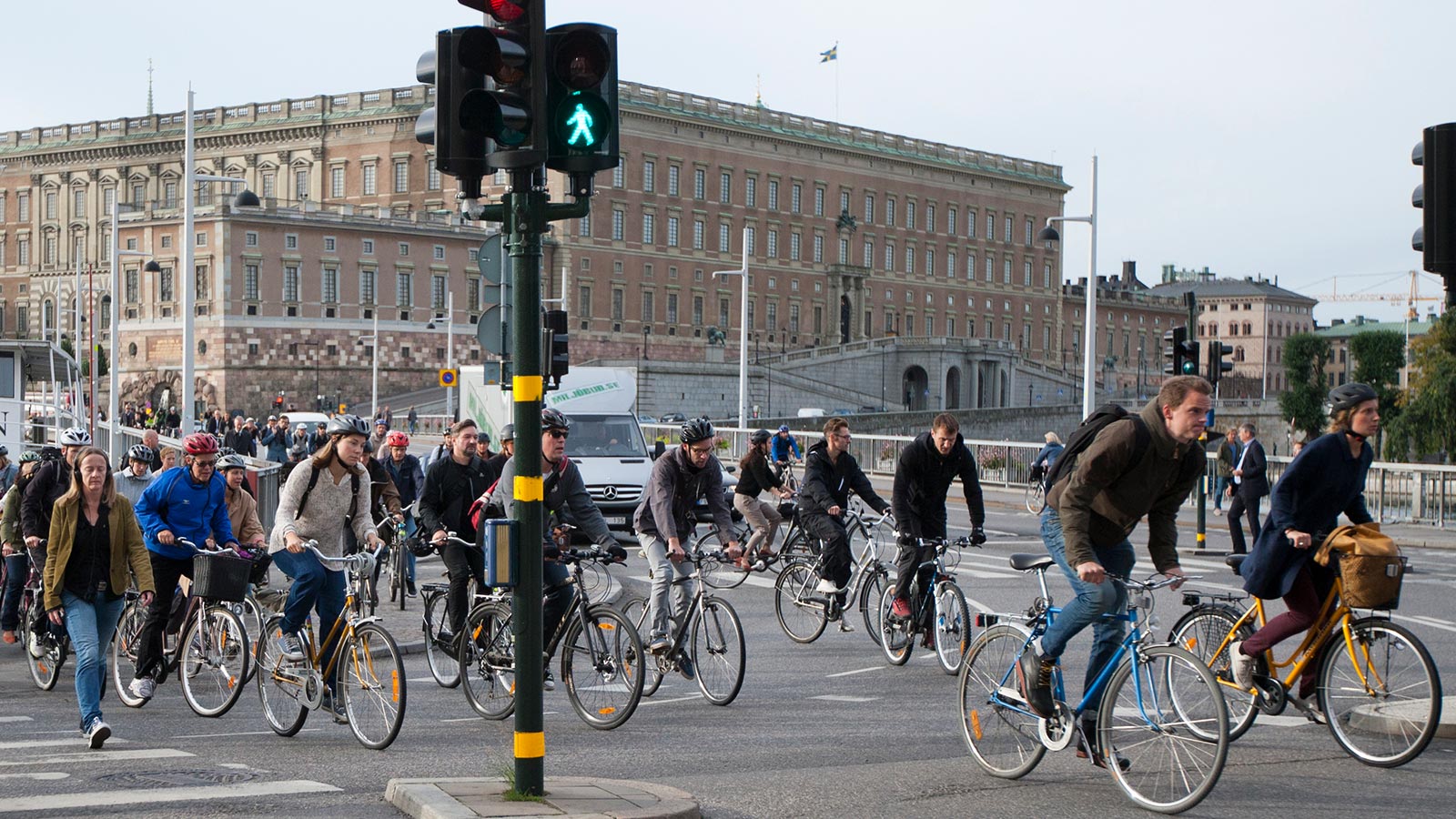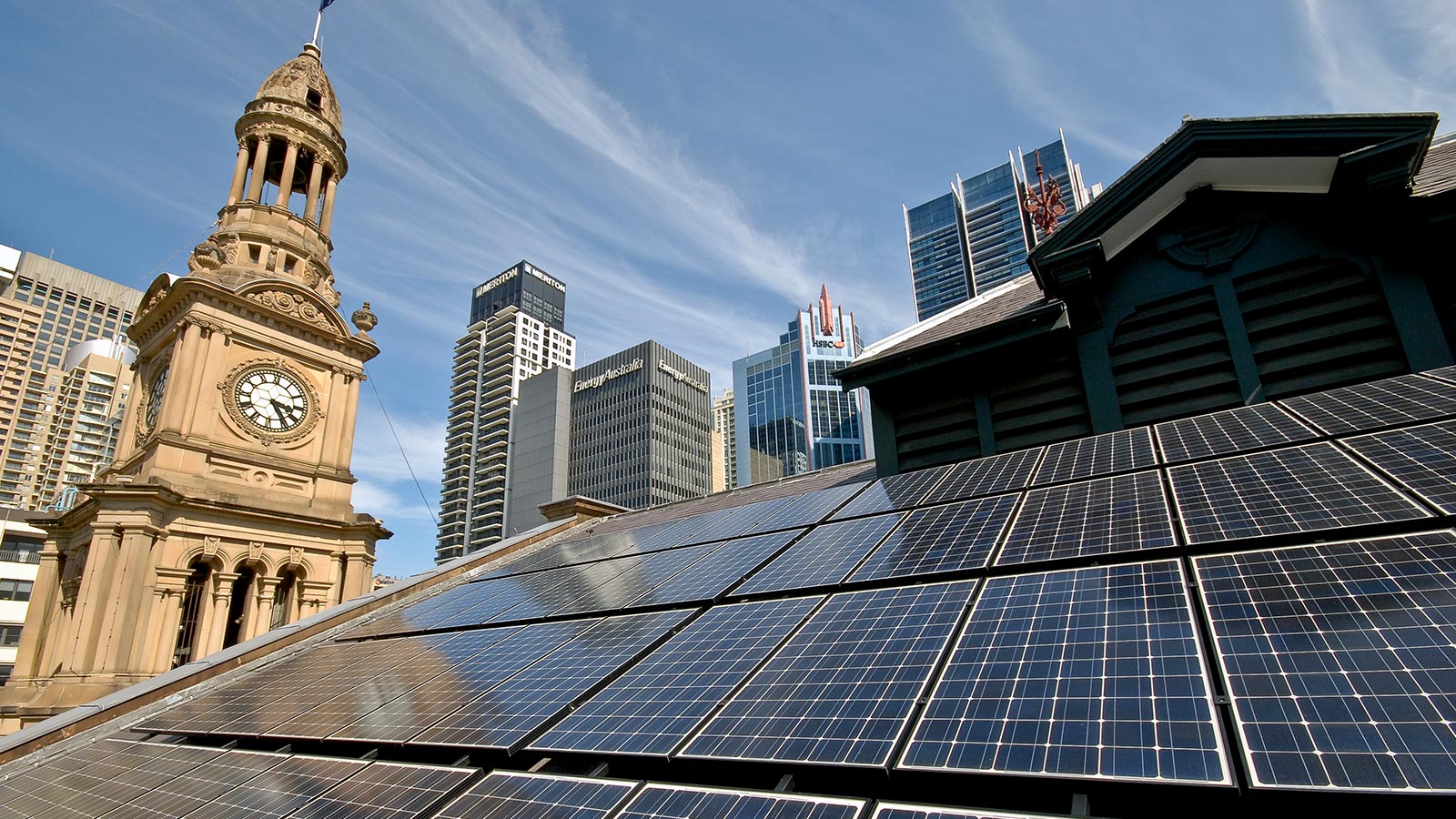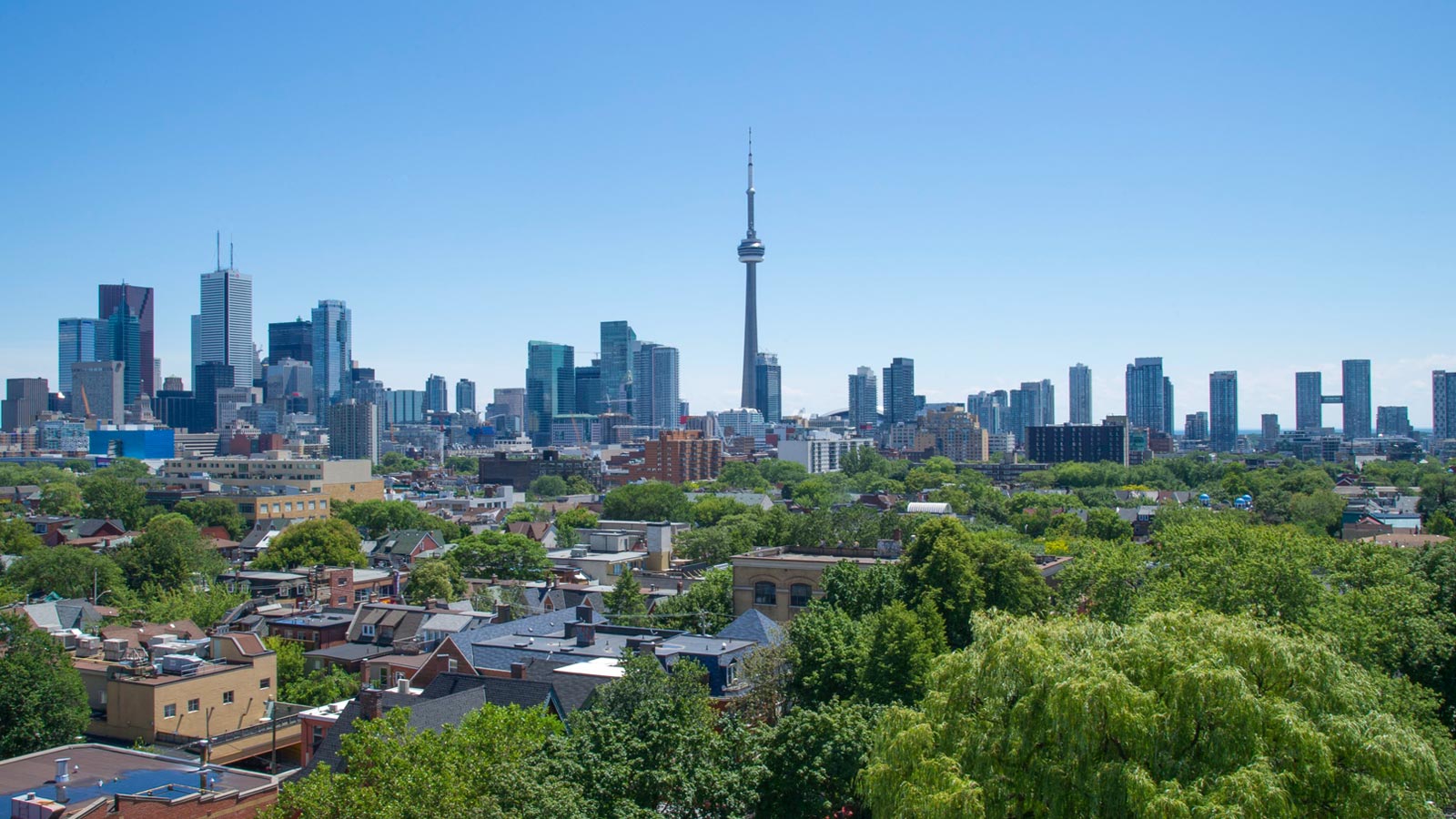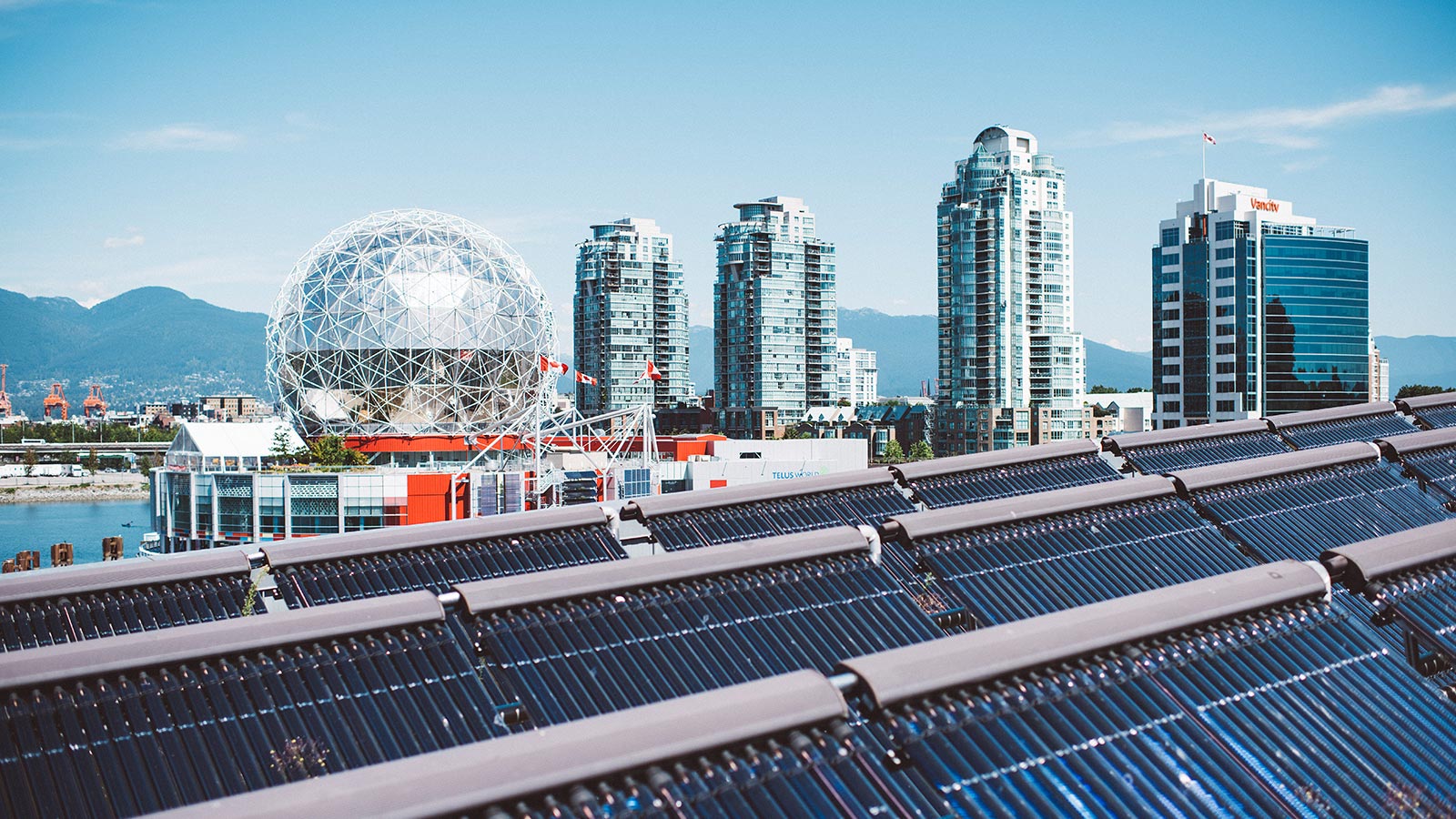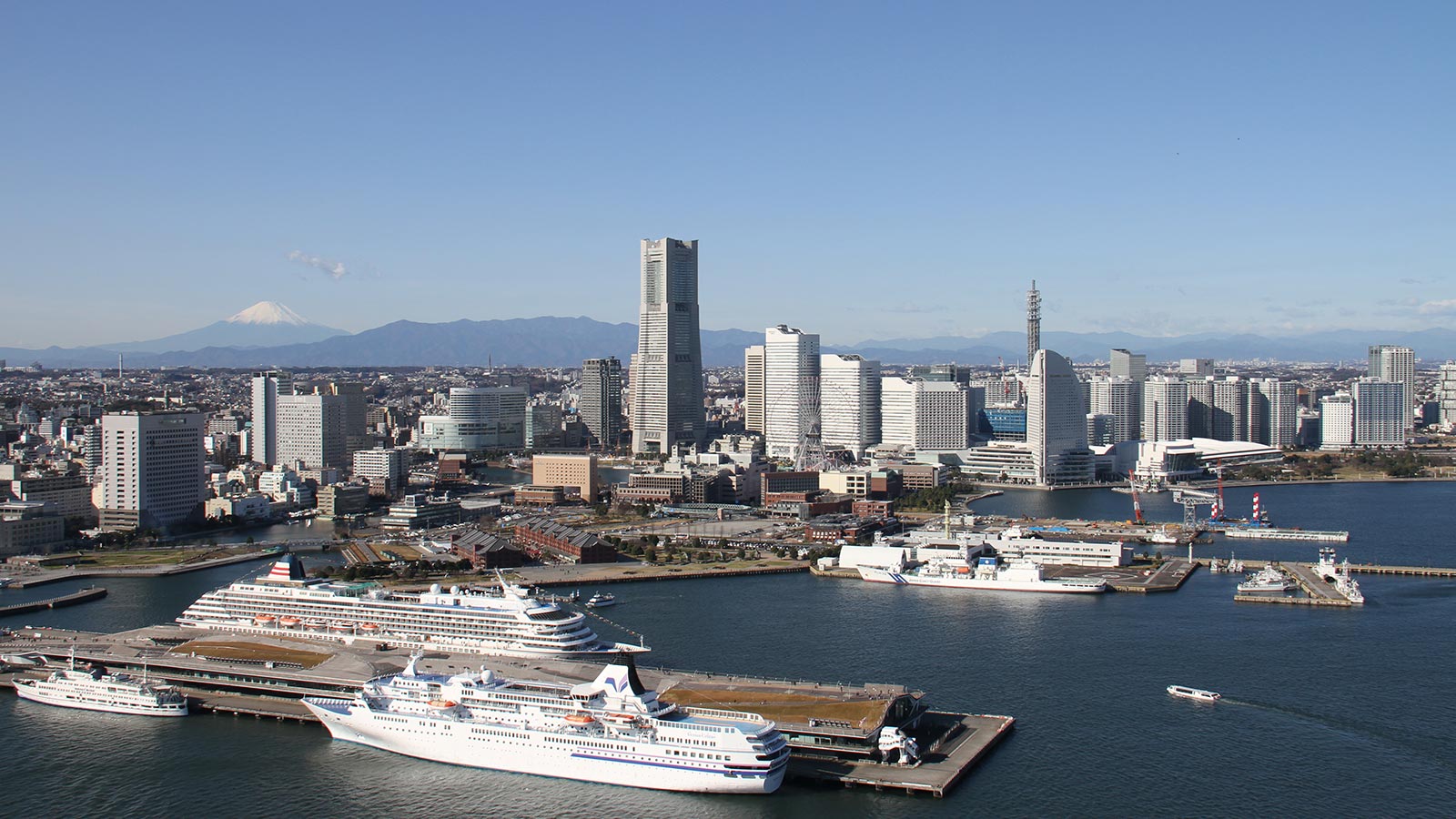
10 years of bold, collaborative climate action
CNCA marks key milestone towards carbon neutralityLearn More
CNCA joins "RISE-IN" Climate Adaptation Project
Cities as testbeds for financially viable climate-resilience solutionsFind Out More
New: Centering Justice in Embodied Carbon Policies
A guide and workbook for cities and communities on land use transitionsRead More
More Featured Stories
See the latest updates from CNCA and Member CitiesRead MoreAdelaide
Emissions Reduction Target
100%
Baseline: 2006
by 2025
Emissions Reduction
15%
Since: 2006
Economic Growth
35%
Since: 2006
Current Emissions by Source
Electricity/Energy 54%
Transport 27%
Product Use 12%
Waste 21%
Current
Amsterdam
Emissions Reduction Target
95%
Baseline: 1990
By 2050
Population Growth
24%
Since: 1990
Emissions by Source
Buildings 30%
Transportation 19%
Electricity 32%
Industry and Port 19%
As of: 2022
Boston
Emissions Reduction Target
60% By 2030
*Target for municipal emissions. Additional goal to reduce community-wide carbon emissions by 50%
Emissions Reduction
21%
As of: 2019 with baseline year of 2005
Emissions per Gross City Product (GCP)
39%
From 76 to 46 metric tons of carbon per million dollars — As of: 2019 with baseline year of 2005
Emissions by Source
Commercial, Industrial/Large Residential 52%
Transportation 29%
Small Residential 19%
Fugitive 1%
Wastewater Treament 1%
As of: 2017
Boulder
Emissions Reduction Target
80%
Baseline: 2005
By 2050
Emissions Reduction
16.2%
Since: 2005
Economic Growth
57%
Since: 2005
Emissions by Source
Transport 28%
Waste 2%
Buildings 70%
As of: 2017
Copenhagen
Emissions Reduction Target
100%
Baseline: 2005
by 2025
Emissions Reduction
42%
Since: 2005
Economic Growth
24%
Since: 2005
Emissions by Source
Energy 66%
Transport 34%
Glasgow
Emissions Reduction Target
NET ZERO CARBON by 2030
Baseline: 2005/2006
Emissions Reduction
37%
As of: 2018 with baseline year of 2006
Economic Growth
20.9%
Since: 2010
Emissions by Sector
Transport 33.5%
Domestic 30.3%
Industry and Commercial 36.2%
As of: 2018
Helsinki
Emissions Reduction Target
80%
By 2030
Emissions Reduction
25%
Since: 1990
Economic Growth
65%
Since: 1990
Emissions by Source
Heating 57%
Traffic 23%
Electricity 16%
Waste 4%
Incheon
Emissions Reduction Target
Carbon-Free By 2044
Emissions Reduction
17%
As of: 2022 (Baseline: 2018)
Economic Growth
4.8%
As of: 2023 (Baseline: 2018)
Emissions by Source
Power Generation 55.8%
Industry 17%
Buildings 14.3%
Transportation 11.3%
Agriculture 0.3%
Waste 1.8%
As of: 2022
London
Emissions Reduction Target
80%
by 2050
Emissions Reduction
Economic Growth
Emissions by Source
Melbourne
Emissions Reduction Target
100%
Baseline: 2006
By 2020
Emissions Reduction
3.1%
Since: 2006
Economic Growth
42%
Since: 2006
Emissions by Source
Electricity/Energy 77%
Transport 19%
Waste 4%
Minneapolis
Emissions Reduction Target
80%
Baseline: 2006
By 2050
Emissions Reduction
17.8%
Since: 2006
Economic Growth
30%
Since: 2006
Emissions by Source
Transport 26%
Waste 3%
Buildings 71%
New York City
Emissions Reduction Target
Carbon Neutral By 2050
Baseline: 2005
Emissions Reduction
17%
As of: 2022 (Baseline: 2005)
Economic Growth
49%
As of: 2022 (Baseline: 2005)
Emissions by Source
Transport 30%
Waste 5%
Buildings 36%
Oslo
Emissions Reduction Target
95%
Baseline: 2009
by 2030
Emissions Reduction
16%
As of: 2019 (Baseline: 2009)
We’ll count carbon dioxide the same way we count money
Emissions by Source
Waste 5%
Buildings 30%
Transport 65%
As of: 2019
Portland
Emissions Reduction Target
NET ZERO by 2050
Baseline: 1990
Emissions Reduction
19%
As of: 2018 (Baseline: 1990)
Economic Growth
36%
As of: 2018 (Baseline: 1990)
Emissions by Source
Transport 42%
Industry 14%
Waste 1.6%
Buildings 40%
Fugitive (from natural gas distribution) 2.4%
As of: 2017
Rio de Janeiro
Emissions Reduction Target
CARBON NEUTRAL by 2050
Baseline: 2017
Emissions Reduction
7%
As of: 2017 (measured from: 2012)
Economic Growth
5%
As of: 2019 (Baseline: 2017)
Emissions by Source
Transport 35.9%
Waste 15.8%
Industrial 12.6%
Buildings 35.6%
Agriculture, Forestry and Other Land Use 0.1%
As of: 2017
San Francisco
Emissions Reduction Target
NET ZERO By 2040
Baseline: 1990
Emissions Reduction
41%
As of: 2019 (Baseline: 1990)
Economic Growth
199%
As of: 2019 (Baseline: 1990)
Emissions by Source
Buidings 42%
Transport 56%
Municipal 2%
As of: 2018
Seattle
Emissions Reduction Target
CARBON NEUTRAL By 2050
Baseline: 2008
Emissions Reduction
5%
As of: 2018 (Baseline: 2008)
Economic Growth
41%
As of: 2018 (Baseline: 2008)
Emissions by Source
Transport 58%
Waste 1%
Industry 17%
Buildings 23%
As of: 2018
Stockholm
Emissions Reduction Target
CLIMATE POSITIVE By 2030
Measured from: 1990
Emissions Reduction
60%
As of: 2021 (measured from: 1990)
Economic Growth
103%
As of: 2021 (measured from: 1990)
Emissions by Source
Electricity/Energy 23%
Transport 41%
Buildings 34%
Waste 2%
As of: 2021
Sydney
Emissions Reduction Target
NET ZERO BY 2035
Baseline: 2006
Emissions Reduction
22%
As of: 2019 (Baseline: 2006)
Economic Growth
62%
As of: 2019 (Baseline: 2006)
Emissions by Source
Electricity/Energy 71%
Transport 17%
Waste 12%
As of: 2019
Toronto
Emissions Reduction Target
NET ZERO by 2050
Baseline: 1990
Emissions Reduction
37%
As of: 2018 (Baseline: 1990)
Economic Growth
100%
As of: 2020 (Baseline: 1990)
Emissions by Source
Transport 36%
Waste 9%
Buildings 55%
As of: 2020
Vancouver
Emissions Reduction Target
NET ZERO By 2050
Baseline: 2007.
Emissions Reduction
12%
As of: 2023 (Baseline: 2007)
Economic Growth
29%
As of: 2019 (Baseline: 2007)
Emissions by Source
Transport 40%
Other 5%
Buildings 55%
2023
Washington, DC
Emissions Reduction Target
CARBON NEUTRAL By 2045
Baseline: 2006
Emissions Reduction
31%
As of: 2019 (Baseline: 2006)
Economic Growth
44%
As of: 2017 (Baseline: 2006)
Emissions by Source
Transport 22%
Waste 5%
Buildings 73%
As of: 2020
Yokohama
Emissions Reduction Target
CARBON NEUTRAL BY 2050
Baseline: 2013
Emissions Reduction
22%
As of: 2018 (Baseline: 2013)
Emissions by Source
Energy / Buildings 66%
Transport 28%
Industry 1%
Waste 5%
Agriculture 1%
As of: 2018



